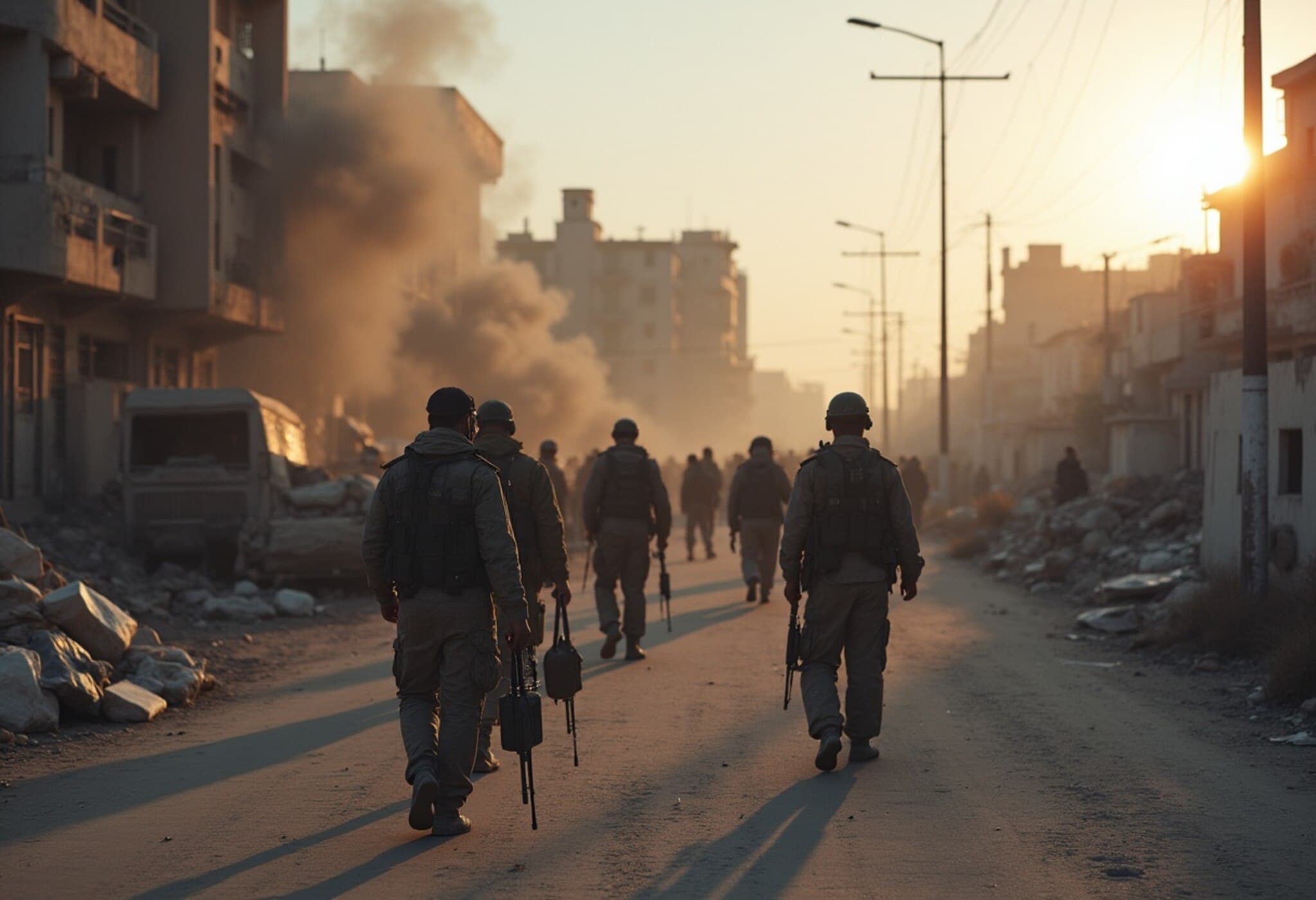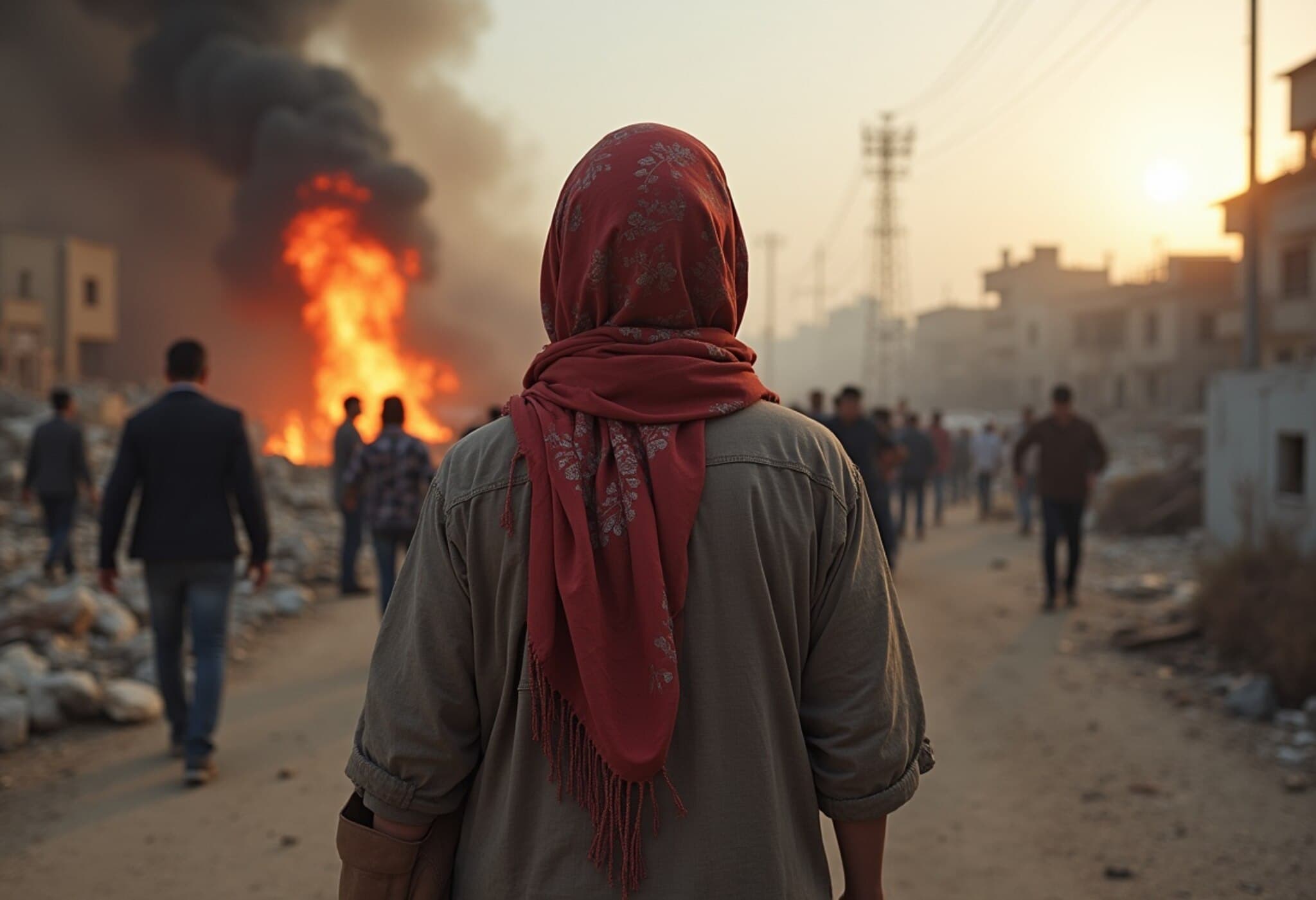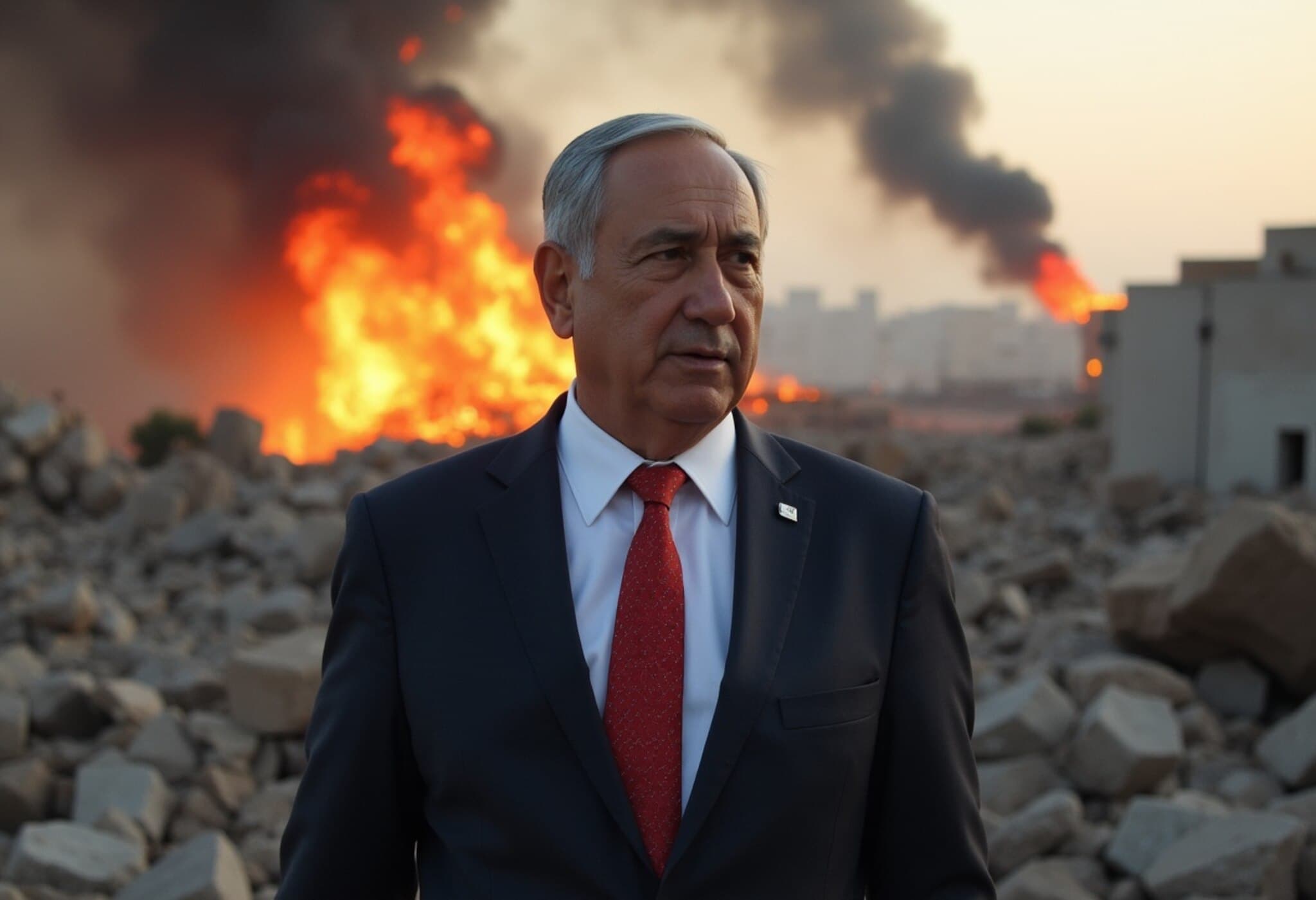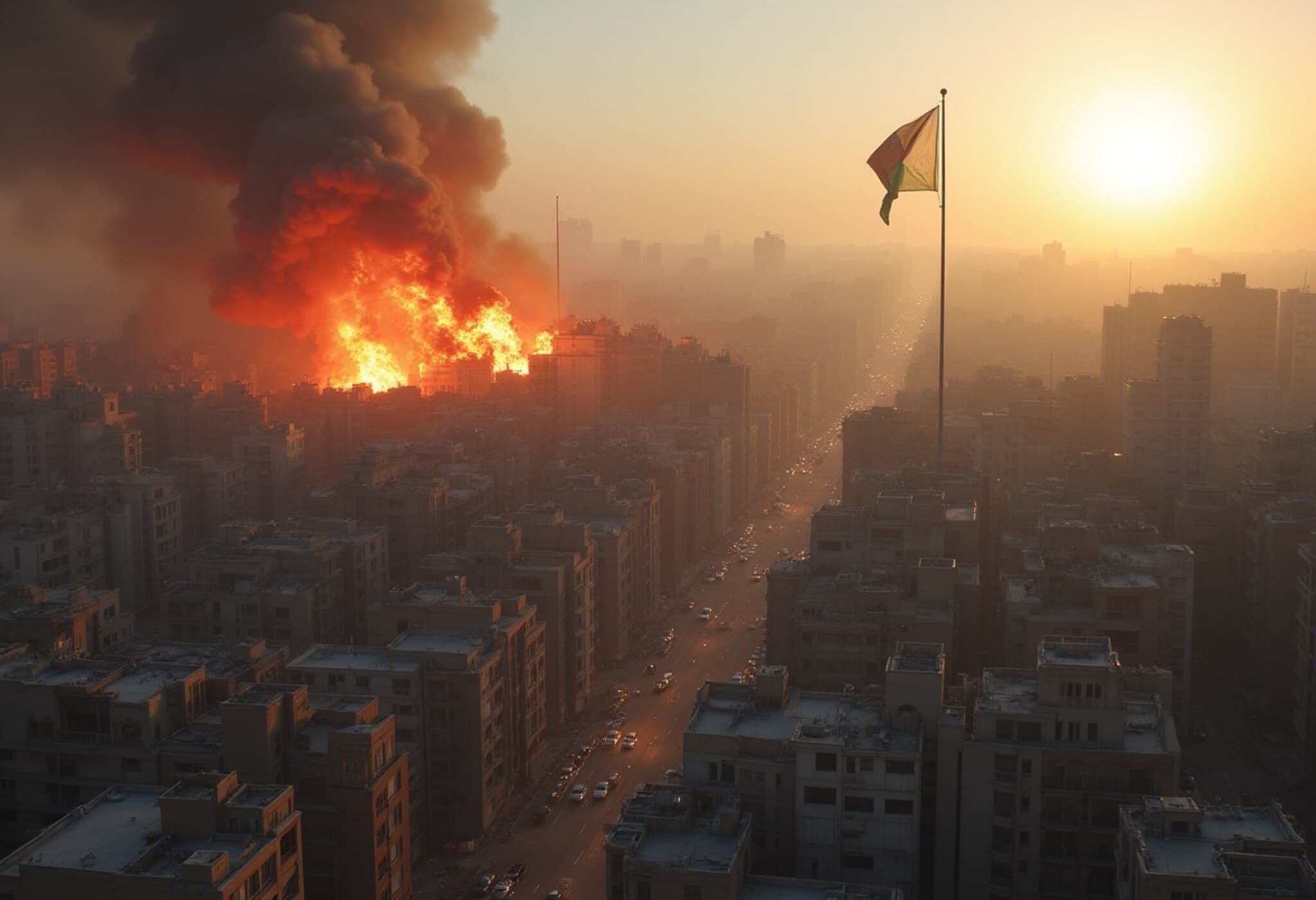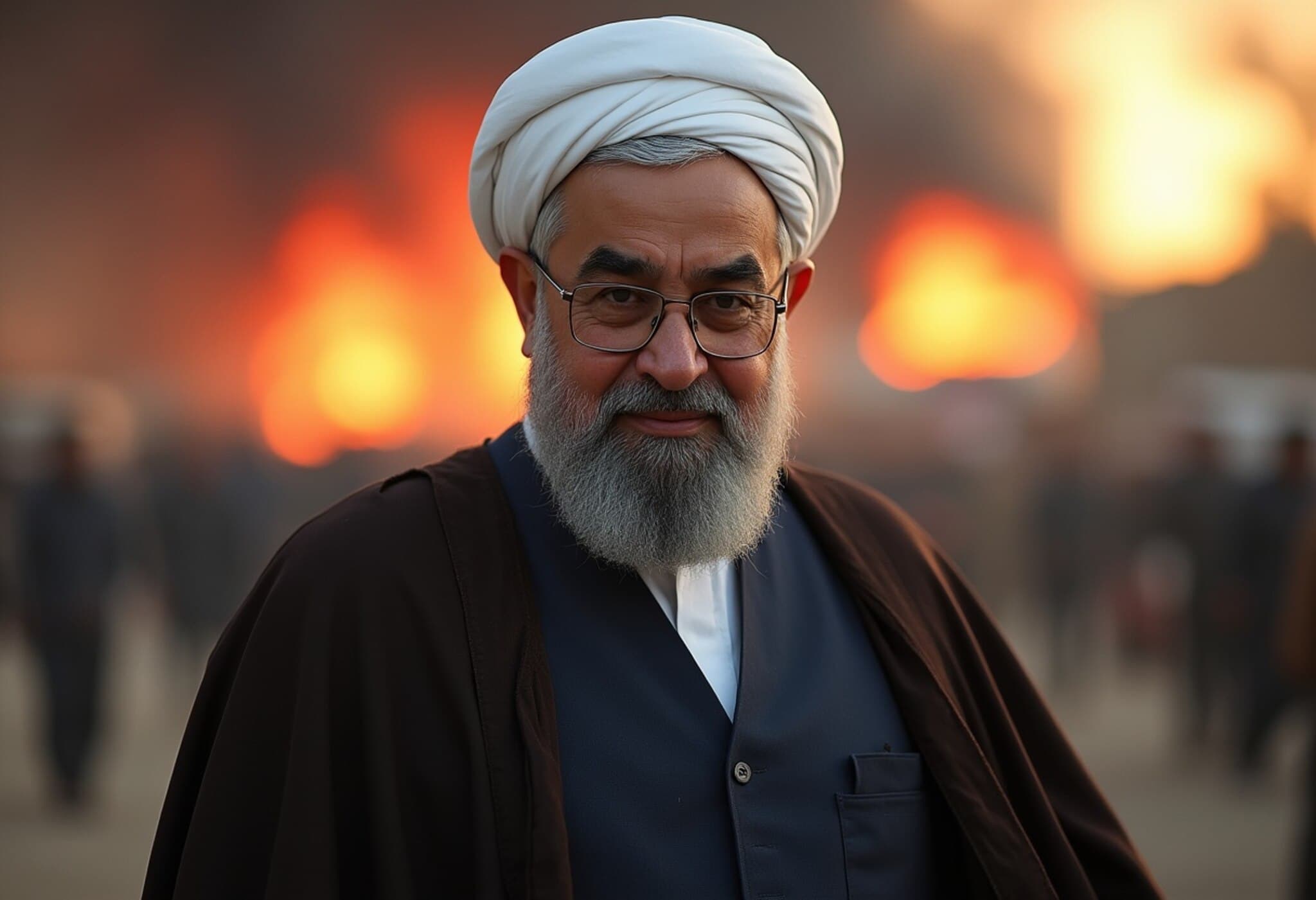Israeli ‘Humanitarian City’ Proposal Sparks International Backlash
In a move that has ignited fierce criticism both within Israel and across the international community, Israeli Defence Minister Israel Katz recently unveiled an ambitious plan to relocate Gaza’s displaced population to a newly constructed "humanitarian city" in southern Gaza. The proposal envisions establishing a restricted zone housing up to 600,000 displaced Gazans during a prospective 60-day ceasefire currently under negotiation in Qatar.
The Proposal in Detail
Announced during a press briefing last Monday, Katz’s plan aims to build this facility from scratch on vacant land in southern Gaza. It would include four humanitarian distribution centers managed by foreign agencies to provide essential aid and services. Over time, Katz envisions relocating Gaza’s entire population—more than two million people—to this confined area.
New arrivals would reportedly undergo stringent security screenings to exclude Hamas members, with entry accompanied by restrictions barring exit from the zone. Israel’s military has indicated it would monitor the facility from a distance rather than maintain direct control on the ground.
Why Critics are Alarmed
The plan has drawn sharp rebuke from multiple quarters for its ethical, logistical, and political implications. Prominent voices have condemned the idea as:
- Unfeasible: Experts highlight the absence of infrastructure—no electricity, water systems, or housing currently exist in the proposed area, making the plan’s practical implementation dubious.
- Humanitarian Misstep: The United Nations Relief and Works Agency (UNRWA) described the project as tantamount to creating "massive concentration camps". The proposed restrictions and forced displacement violate core humanitarian principles.
- Politically Motivated: Opponents argue the project masks broader intentions to permanently displace Palestinians from their ancestral lands. It aligns with far-right Israeli figures advocating for re-establishing settlements in Gaza and expelling Palestinians.
The UK’s Minister for the Middle East, Hamish Falconer, expressed being "appalled" by the concept, emphasizing the Palestinian right to remain on their land and return to their homes. Meanwhile, the Palestinian Authority labeled the plan "inhumane humanitarian fiction," while Amnesty International called relocation or deportation without consent a potential war crime.
Opposition Within Israel
Surprisingly, skepticism has emerged from within Israel’s own security establishment. Reports suggest that Chief of Staff Eyal Zamir criticized the plan at a cabinet meeting, warning it could distract from the military’s main goals of defeating Hamas and securing hostages abducted in the October 7, 2023 attack.
Likewise, unnamed security officials have described the proposal as a "gigantic tent city" lacking long-term viability and risking a return to Israeli administrative control over Gaza, a prospect fraught with political and security challenges.
The high estimated cost—between 10 and 20 billion shekels ($3-6 billion)—adds to domestic opposition. Former Israeli Prime Minister Yair Lapid criticized the expenditure as wasteful amid an ongoing, costly war.
Context of the Gaza Conflict
The Gaza Strip has endured nearly 21 months of intense conflict, with devastating humanitarian consequences. According to Gaza’s health ministry, over 58,000 Palestinians have died, predominantly civilians, alongside extensive displacement, food shortages, and infrastructure destruction. The conflict was triggered by the October 2023 Hamas attacks on Israel, which resulted in over 1,200 Israeli casualties.
This backdrop amplifies the stakes linked to the “humanitarian city” proposal, as any forced relocation risks exacerbating an already dire humanitarian crisis.
Analyzing the Broader Implications
Michael Milshtein, a former Israeli military intelligence officer and academic specializing in Palestinian affairs, characterizes the plan as one among several "fantasies" circulating amid public frustration over the stagnating conflict. He warns that the Israeli public remains largely unaware of the true economic, political, and security costs involved in a potential reoccupation or annexation of Gaza.
Milshtein cautions that once the public fully grasped the long-term consequences, including possible social unrest within Israel itself, pressure could mount to pursue alternative, less disruptive resolutions.
Critical Questions Moving Forward
- Can the proposed zone realistically provide safe, dignified living conditions for millions displaced amid an active conflict?
- What legal ramifications could Israel face if the plan is implemented, considering international humanitarian law?
- How will this move affect long-term peace prospects and relations between Israel, Palestinians, and international actors?
- Is the financial cost sustainable or justifiable when weighed against alternative conflict resolution strategies?
Editor’s Note
The Israeli government’s ambitious plan to relocate Gaza’s population to a new “humanitarian city” underscores the enormous complexities of resolving protracted conflicts where civilian populations bear the brunt. While framed as a humanitarian effort, the proposal raises thorny ethical questions about forced displacement, sovereignty, and human rights.
As negotiations continue and tensions simmer, the international community faces a pivotal moment: to advocate for solutions that uphold dignity and justice rather than entrench further divisions. The unfolding debate reminds us that in conflict zones, the devil is often in the details—and in the choices politicians make for those caught in the crossfire.










